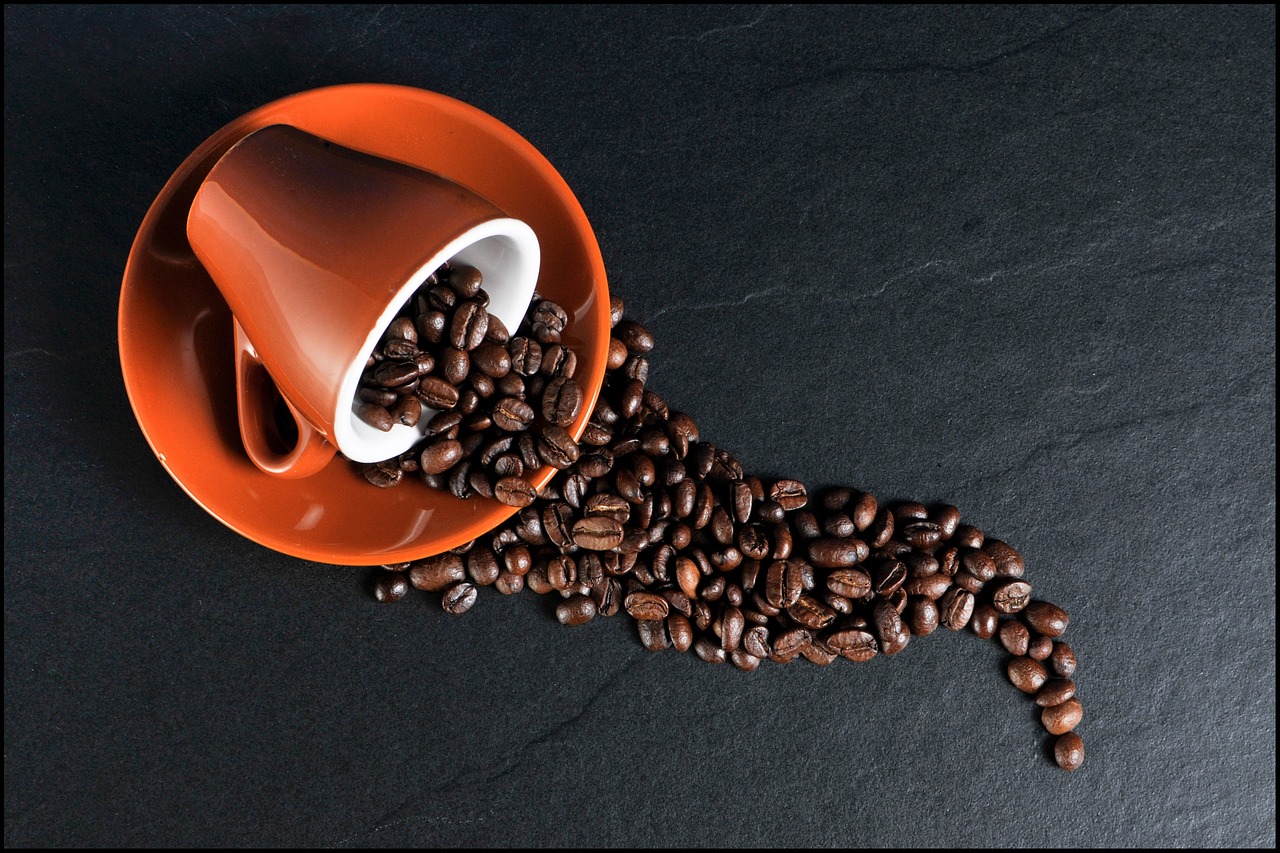Coffee Intake, Plasma Caffeine Levels, and Kidney Function: Two-Sample Mendelian Randomization Among East Asian and European Ancestries
Introduction
Previous Mendelian randomization (MR) studies for the coffee-kidney association have reported inconsistent relationships in European populations and never examined mediators of this association. We aimed to evaluate this causal relationship using two-sample MR among both East Asian and European ancestries and to explore underlying mechanisms using plasma caffeine levels.
Methods
Among East Asians, the largest genome-wide association study (GWAS) results for coffee intake, plasma caffeine levels, and kidney outcomes were obtained from 152,634; 8940; and 47,070 Japanese adults. Among Europeans, summary statistics were acquired from European GWAS with 428,860; 7719; and 564,470 adults for each trait. We applied different MR methods (inverse-variance weighted [IVW] with random effects, weighted median, weighted mode, and MR-Egger).
Results
After excluding possible pleiotropic variants, among East Asian ancestry, drinking an extra coffee intake per week showed a protective association on serum creatinine-based estimated glomerular filtration rate (eGFRcre) (β = 0.077; 95% confidence interval [CI] = 0.003 to 0.150).
Analysis in European ancestry also showed a causal relationship between drinking an extra coffee intake per day and eGFRcre (β = 0.052; 95% CI = 0.027 to 0.078). These results were consistent across different MR methods accounting for invalid instruments. Higher plasma caffeine levels were associated with lower eGFRcre among both East Asian (β = −0.071; 95% CI = −0.137 to −0.006) and European ancestries (β = −0.048; 95% CI = –0.057 to −0.040).
Conclusions
Our cross-ancestry MR study found beneficial effects of coffee intake on eGFRcre. However, given the possible adverse effects of plasma caffeine levels on eGFRcre, interpretation of the results should be carefully considered and further investigations on noncaffeine and biological pathways are needed.
Link: https://www.kireports.org/article/S2468-0249(24)00034-2/fulltext
https://doi.org/10.1016/j.ekir.2024.01.024
Date: January 18, 2024
Source: Kidney International Reports
Authors:
Ryosuke Fujii
Masahiro Nakatochi
Fabiola Del Greco M.
Photo by Pixabay
Nutrigenomics Institute is not responsible for the comments and opinions included in this article






